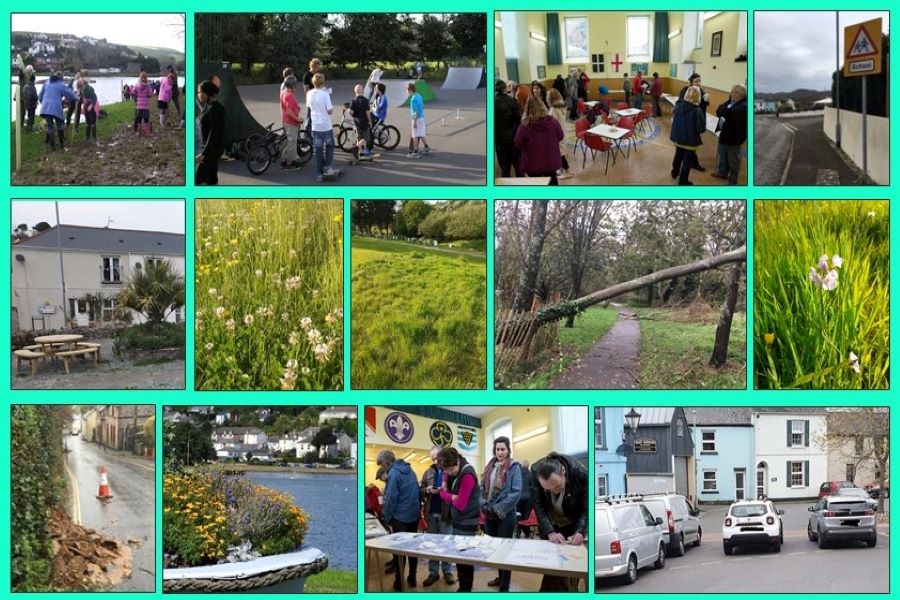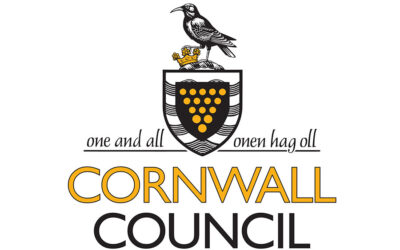Frequently Asked Questions
What do I need to qualify to become a Parish Councillor?
- be a UK, Commonwealth or EU citizen.
- be at least at least 18 years old.
- for the whole of the previous 12 months have lived in the parish or within three miles of the parish boundary.
What are the disqualifications for being a Parish Councillor
You cannot become a Councillor if you have been:
- declared bankrupt within the last five years if you have not repaid your debts.
- convicted of a criminal offence and sentenced to not less than three months imprisonment (whether suspended or not) without the option of a fine within the last five years.
- disqualified under any legislation relating to corrupt or illegal practices.
What do Parish Councillors do?
The main role of a Parish Councillor is to represent the community in which it serves.
- Participate in collective decision making: by participating in voting during Council meetings. Councillors decide which activities to support, where money should be spent, what services should be delivered and what policies should be implemented.
- Monitoring: Councillors make sure their decisions lead to efficient and effective services by keeping an eye on how well things are working.
- Get involved in local issues: As local representatives, councillors have responsibilities towards their parishioners and local organisations. These responsibilities and duties often depend on what the Councillor wants to achieve and how much time is available.
- Provide information: If a member of public requires assistance or information which is not within the remit of the Council, the Clerk or Councillors can help by signposting individuals to other organisations.
Why become a Parish Councillor and what are the benefits?
As a Parish Councillor, you become someone your community will look to for help, guidance and support, a community leader with the power to influence decisions for the benefit of the people you serve.
Seeing your community change for the better as a result of decisions you have helped make is something that can be very rewarding.
Many employers will look favourably on the commitment you have shown by being actively involved in your community.
How often are Parish Council meetings held and how long do they last?
- Planning Committee
- Finance Committee
- Traffic & Transport Advisory Group
- Asset & Open Spaces Working Group
How much time would I need to commit?
This would vary depending on how active you are and what committees and working groups you are a member of. As an estimate you could expect to commit between eight and 16 hours per month. You do not have to attend every Parish Council meeting but if you are unable to attend you should submit your apologies and to keep abreast of the Council actions and decisions by reading the minutes and supporting documents.
Could I be a Parish Councillor? Do I need any special skills or experience?
Parish Councils benefit from diversity and we welcome interest from people of different ages, backgrounds, experiences and abilities.
Below are ‘some’ of the qualities which you may be able to bring to the Council:
-
-
- Someone who cares passionately about the community.
- A willingness to make a positive contribution.
- An understanding of local affairs and the needs of the local community.
- Good interpersonal skills and to be able to contribute opinions at meetings whilst willing to see others’ views and accept majority decisions.
- Ability and willingness to work with the Council’s partners (e.g. voluntary groups, other parish councils, principal authority, charities).
- Ability and willingness to undertake induction training and other relevant training.
- Someone who can bring new skills, expertise or key local knowledge to bring in to the Council.
-
For further information have a read of the Local Government ‘Be a Councillor’ publication.
Do Parish Councillors get paid?
A Parish Councillor is the holder of a public office, not a volunteer (although the role is unpaid). Parish Councillors are elected representatives, not volunteers or employees, and serve for a 4-year term, unless co-opted or elected in a bye-election when they serve until the next election.
It is possible for parish councillors to be paid a modest allowance (except for co-opted members) and they can also receive reimbursement of expenses (except for co-opted members). However, most councils do not pay any allowance to ordinary councillors, and it is common for councillors to make no claims for expenses.
Some Companies have a policy where they pay Parish Councillor to have time off for Council business. The HMRC website lists Parish Councillor as one of the options for employees having reasonable time off work.
How long can I serve as a Parish Councillor?
Parish Councillors are elected representatives, not volunteers or employees, and serve for a 4 year term, unless co-opted or elected in a by-election when they serve until the next election.
Useful links and sources of information
Local Government Be A Councillor
National Association of Local Councils
Cornwall Association of Local Councils
Council Organisation | Millbrook Parish Council (millbrook-pc.gov.uk)
Millbrook Parish Council Policies, Procedures and Core Documents
Interested but not sure if it is for you?
Don’t worry, you will be given the opportunity of training. One of the current Councillors may even be willing to mentor you.
-
-
- Have a chat to the Parish Clerk
- Talk to one of the Parish Councillors
- Attend one of our Parish Council meetings.
-
If you have any questions, please call 01752 823128, call into the Parish Council office in Millbrook Village Hall on a weekday afternoon, or send an email to theclerk@millbrook-pc.gov.uk.
Karenza Heald, Parish Clerk






0 Comments